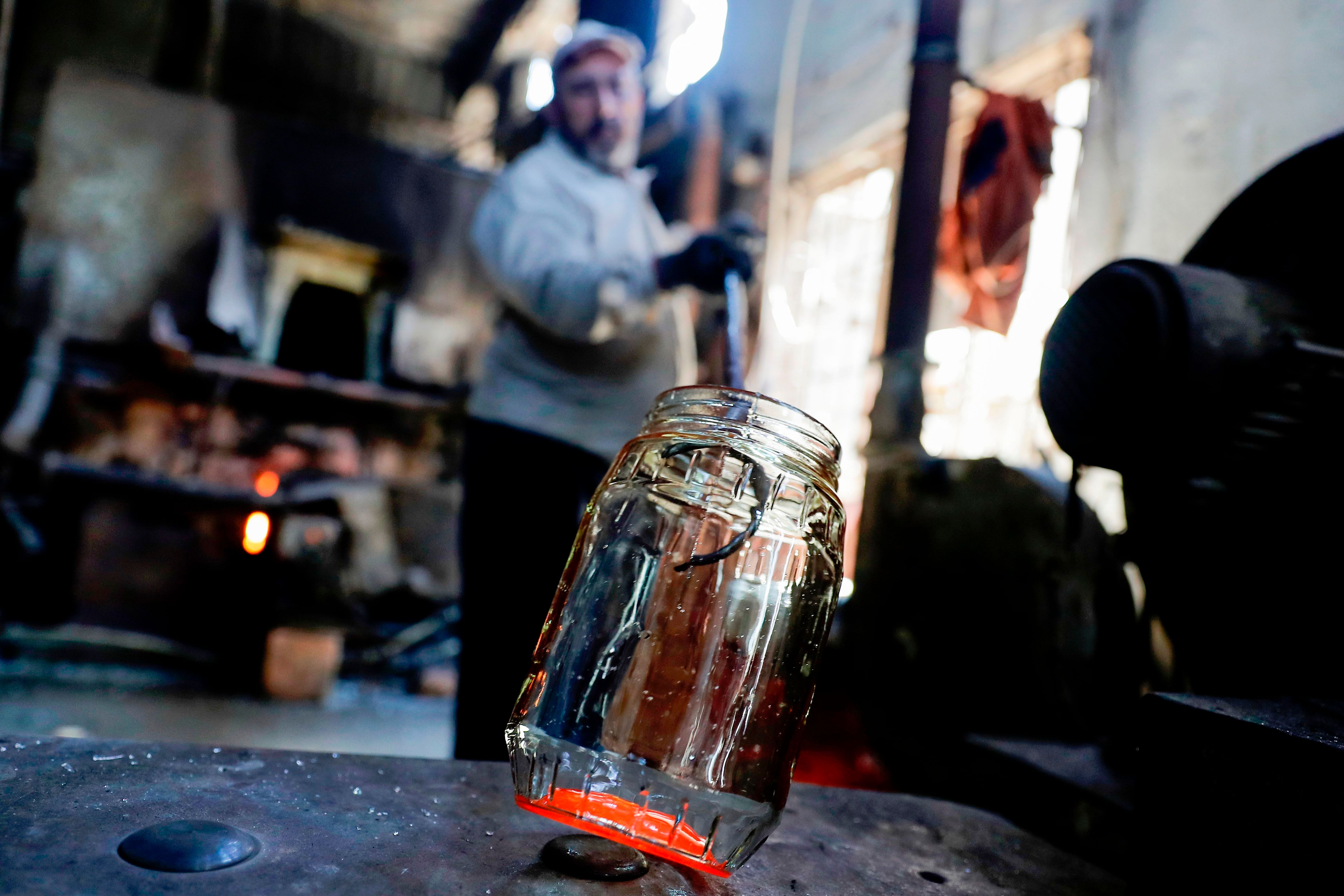
Rescue teams kept up their search for survivors in Beirut Saturday even as hopes raised by sensor readings of a pulse beneath the rubble of last month's blast began to fade.
The cataclysmic August 4 explosion in the port of Beirut killed at least 191 people, making it Lebanon's deadliest peacetime disaster. One month on, seven people are still listed as missing.
On Wednesday night, a sniffer dog deployed by Chilean rescuers detected a scent beneath a collapsed building in the heavily damaged Gemmayzeh neighbourhood adjacent to the port.
High-tech sensors confirmed an apparent heartbeat and rescue teams took up the search.
But despite removing piles of masonry, they have yet to find the source of the sensor reading.
As night fell Saturday, rescuers continued to clear away the rubble, much of it by hand, for a third straight day.
In the afternoon, engineer Riyadh al-Assad said the workers had cleared two layers of rubble and reached a stairway.
"We reached the stairway and there was nothing," said the independent engineer overseeing the operation.
A third layer of rubble was proving more problematic to clear away.
"This dog gave us hope but it also made fun of the whole system. This building should have been excavated weeks ago," added Assad.
The civil defence agency's operations director, George Abou Moussa, in the morning said: "Search operations have been going on since the day before yesterday but the chances are very low."
"So far, we have found nothing."
But civil defence officer Qassem Khater said his team was determined not to give up.
"We are not leaving the site until we've finished going through the rubble, even if a new building collapse threatens," he said.
Chilean specialist Walter Munoz in the morning had put the chances of finding a survivor at "two percent".
Lebanese officials had played down the chances of anyone surviving so long beneath the rubble.
But even the faint hope of a miracle caught the imagination of a country already reeling from the coronavirus pandemic and the country's worst economic crisis in decades.
"I was not aware I needed a miracle that much. Please God, give Beirut this miracle it deserves," said Selim Mourad, a 32-year-old filmmaker.
Lebanon lacks the tools and expertise to handle advanced search and rescue operations, so they have been supported by experts from Chile, France and the Unites States.
The Chileans, in particular, have been praised as heroes by many Lebanese on social media, who have compared their expertise with the lacklustre performance of what they see as an absent state.
The country observed a minute's silence for the dead on Friday.
Deccan Herald is on WhatsApp Channels| Join now for Breaking News & Editor's Picks